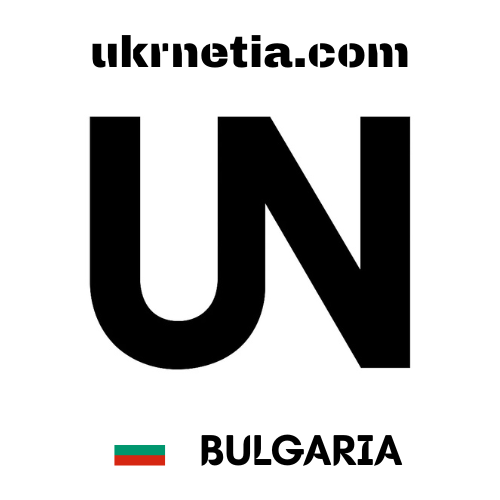Bulgaria Faces Rising Migratory Pressure and Gaps in Integration Strategy, OECD Warns

Sofia, 11 November 2025 – Bulgaria is experiencing a surge in immigration and asylum-requests, even as its policy framework for migrant integration remains under-developed, according to the OECD’s recent country review.
Key migration trends
-
In 2024, 13 000 non-EU immigrants obtained residence permits in Bulgaria for stays of over 12 months — an increase of 8.1 % from the previous year. Over half (57.3 %) of these permits were for labour migration.
-
Asylum applications are also on the rise: the OECD reports about 12 100 first-time asylum seekers in 2024, up 11 % from the prior year. The main origin countries included Syria (~7 600 applicants), Afghanistan (~2 000) and Morocco (~900).
-
Bulgaria remains a transit and entry point for irregular migration. The 2025 OECD migration-and-integration review notes that Bulgaria lies on both the Western Balkan and Eastern Mediterranean routes, making it a focal point for border-control pressures.
Integration and policy gaps
-
Despite rising migration flows, Bulgaria lacks a comprehensive national integration strategy for migrant populations, the OECD states. No dedicated state budget line is currently earmarked for integration programmes.
-
Reception conditions for asylum-seekers are under strain: in 2023 alone, Bulgaria processed over 23 000 first-time asylum applications, nearly a ten-fold increase from 2019 levels. The State Agency for Refugees struggled with capacity and onward departure dynamics.
-
On the labour-market side, Bulgaria’s demographic outlook is challenging: the working-age population (15-64) is projected to drop by nearly a third by 2060, intensifying the need both to retain native-workers and to integrate arriving migrants effectively.
Implications
These trends have several implications for Bulgaria’s socio-economic and political landscape:
-
Labour market opportunity vs. challenge: Rising labour migration can help offset domestic workforce declines, but only if migrants are effectively integrated (language, skills recognition, social support). Without this, risks include under-employment and social exclusion.
-
Integration shortfall risks social friction: Absence of targeted integration mechanisms may lead to segmented labour markets, lower employment outcomes for migrants, and possible public discontent. The OECD warns that immigrants in Bulgaria “compare poorly” with average OECD country outcomes.
-
Transit and asylum pressures require enhanced capacity: Bulgaria’s position as a transit country adds burden on border surveillance, reception and asylum processing — in turn affecting EU cooperation, funding and Bulgaria’s reputation.
-
Demographic urgency provides rationale: With population ageing and emigration of working-age Bulgarians, migration management represents not just a border/ security issue but a structural labour-market and economic issue.
What needs doing
The OECD report offers targeted recommendations:
-
Develop a national migration and integration strategy, with dedicated funding and institutional oversight.
-
Improve reception-centre infrastructure and asylum processing capacity to meet rising numbers and reasons for onward movement.
-
Link migration policy to labour-market needs: identify skills gaps, target labour migrants accordingly, ensure recognition of foreign qualifications.
-
Strengthen data collection and monitoring of migrant outcomes (employment, education, health) to evaluate integration success.
-
Promote return and reintegration of Bulgarian emigrants (a growing inflow) as part of balancing demographic and migration flows. OECD
Bulgaria is at a migration-policy inflection point: increasing inflows of labour, family and asylum migration coincide with structural demographic weaknesses and a still-nascent integration policy. The OECD’s findings underscore that managing migration effectively is now less a question of how many arrive, and more of how well they are included into the labour market and society. How Bulgaria responds will have consequences for its labour supply, social cohesion and EU-border role in the coming decade.










